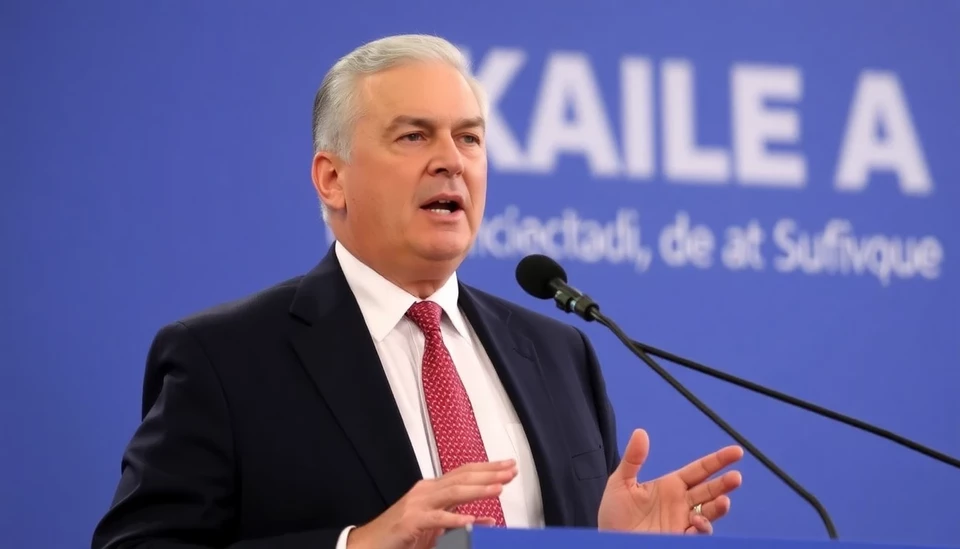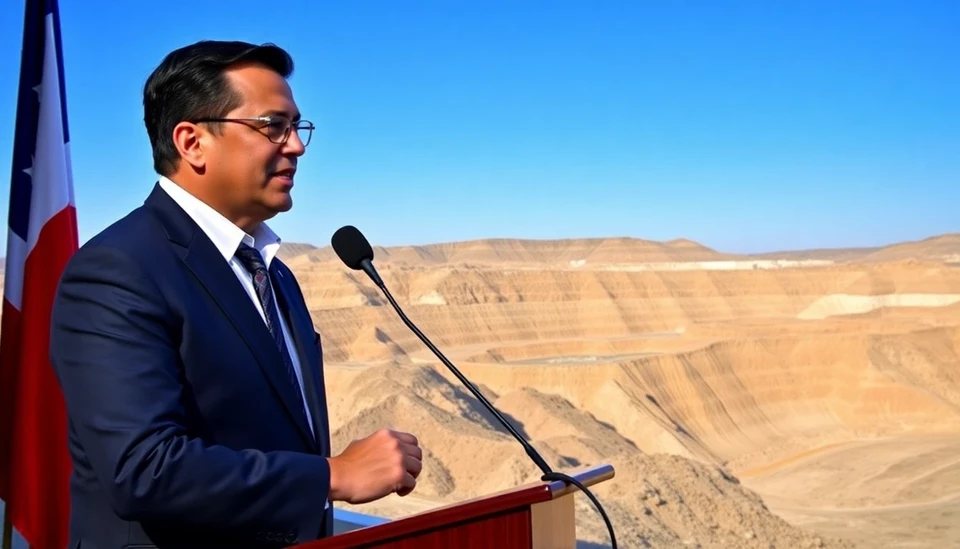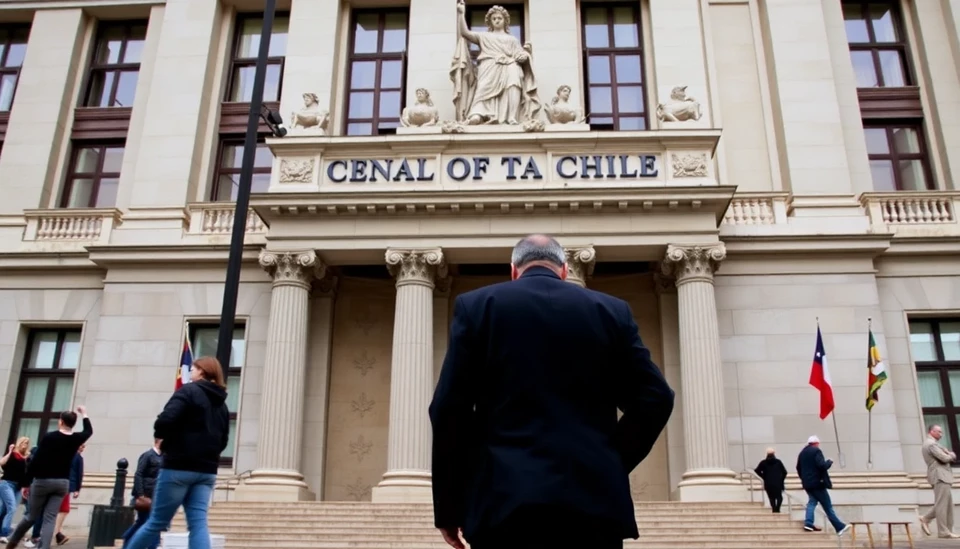
Chile has officially decided to scrap its ambitious plans for an overhaul of the income tax system, a move that has left many economists and political analysts pondering the implications for the country's financial future. The decision comes at a time when Chile is grappling with diverse economic pressures, making the idea of tax reform particularly contentious.
The government, led by President Gabriel Boric, initially proposed a comprehensive reform aimed at increasing tax revenue to support social programs and reduce inequality. However, these plans have been met with significant political opposition and concerns about their potential impact on business confidence and economic growth.
In recent months, criticisms have surfaced regarding the feasibility of the proposed tax hikes and how they would affect various sectors of the economy. Many business owners and industry leaders expressed fear that increased taxation could stifle investment and slow economic recovery, which is especially vital in the wake of the global pandemic's fallout.
Notably, the Boric administration faced a burgeoning debt crisis that added complexity to the discussions surrounding tax reform. With national debt levels reaching unprecedented heights, the debate shifted from how to increase tax revenues to how to ensure fiscal stability without exacerbating economic hardships for the average Chilean.
Members of Boric's coalition argued that tax reform was essential to address deep-rooted inequalities and improve public services, such as education and healthcare. However, the diverging opinions within the coalition brought about internal strife that further complicated the proposal's path forward. As negotiations stalled and discussions grew increasingly fraught, it became clear that a consensus was out of reach.
The cancellation of the reform plan has led to mixed reactions among the public and political circles. Supporters of the reform expressed disappointment and concern that postponing such essential changes may hinder Chile's ability to tackle poverty and foster a more equitable society. Contrastingly, opponents of the reform hailed the decision as a victory for economic pragmatism, emphasizing the need to prioritize economic recovery over progressive tax initiatives.
This development has significant implications for Chile's economic policy and political landscape. As Chile prepares for upcoming elections and continues to navigate economic uncertainty, the absence of a revised income tax framework raises questions about the sustainability of social spending and the long-term objectives of the Boric government.
As the nation moves forward, it remains to be seen how this decision will affect investor confidence and economic growth in the coming quarters. The government's focus might shift now toward finding alternative ways to boost the economy while addressing the pressing social challenges faced by many Chileans.
Chile's decision to scrap the income tax reform is a pivotal moment that reflects broader themes in global economic policy, where nations grapple with similar challenges of balancing fiscal responsibility with social equity.
As the discourse continues, stakeholders across the economic spectrum will be closely examining the Chilean model to learn from both the triumphs and failures as they seek to navigate their individual fiscal paths forward.
#Chile #IncomeTax #TaxReform #EconomicPolicy #GabrielBoric #SocialPrograms #Inequality #FiscalStability #BusinessConfidence
Author: Daniel Foster




